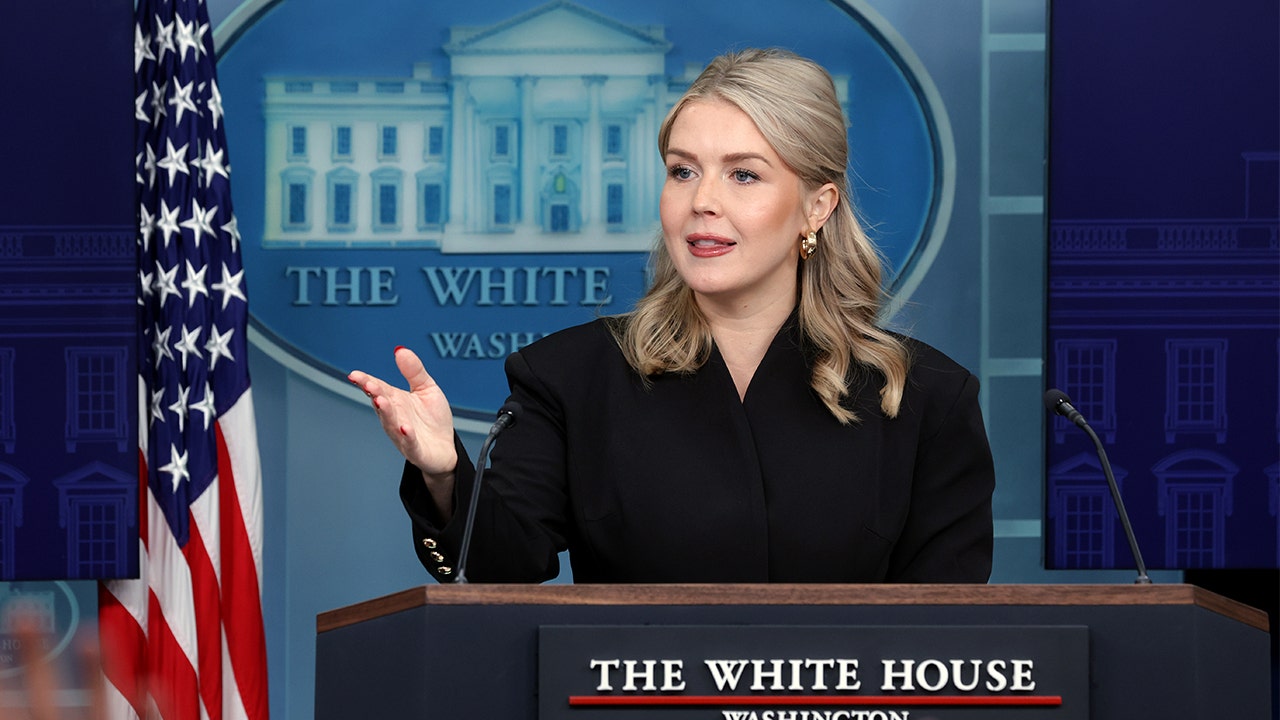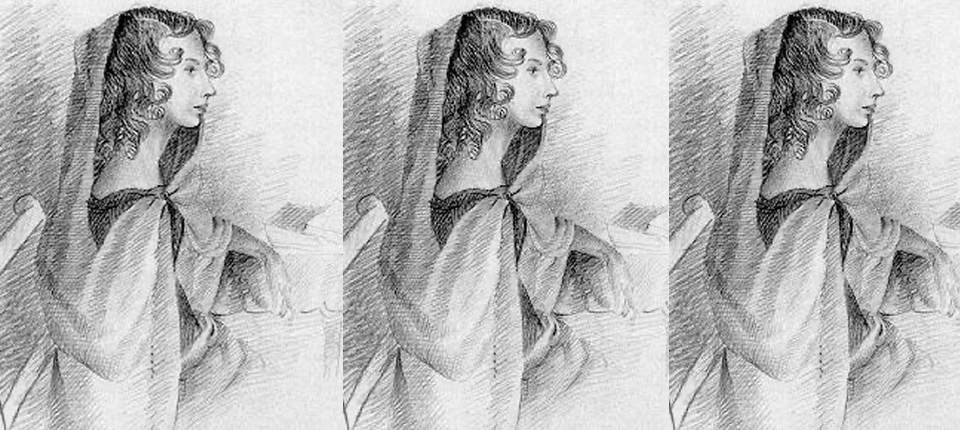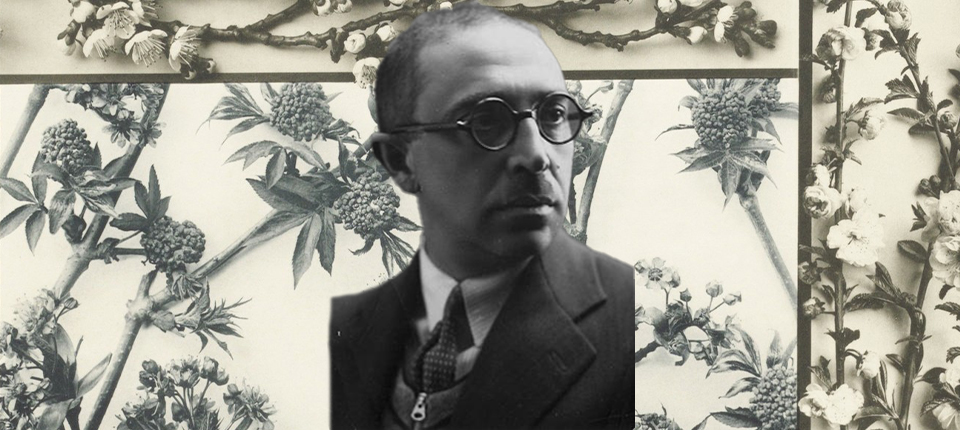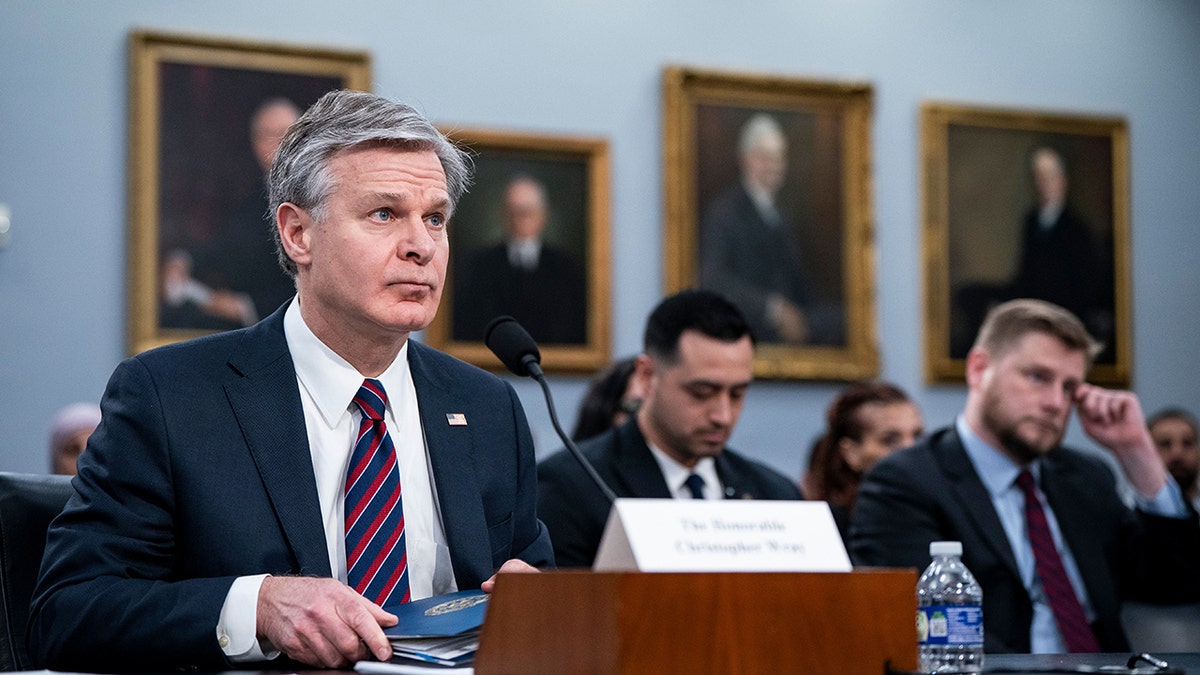The Academy of Motion Picture Arts and Sciences has named Bill Kramer, the current director and president of the Academy Museum of Motion Pictures, as its new CEO. Kramer will succeed Dawn Hudson, who has occupied the position for the past 11 years.
Sources tell The Hollywood Reporter that the Academy’s board of governors voted unanimously to offer Kramer the job, which he will begin on July 18.
As CEO, Kramer will oversee the Oscars as well as the Academy’s global membership, education and emerging talent initiative and extensive collections in the Margaret Herrick Library and Academy Film Archive, as well as the Academy Museum and its exhibitions, screenings, programs and operations.
Kramer was associated with the Academy Museum from its earliest stages. As the museum’s managing director of development and external relations starting in 2012, he raised $250 million to help get the project underway, but left after his ambition for a greater role in the museum’s oversight was not forthcoming. But things did not work out with the initial museum director, Kerry Brougher, and Kramer was recruited to return in that role in 2019.
Overall, the museum, which opened to the public in September 2021, has been an Academy success story at a time when the organization has faced one bruising situation after another, from Oscars So White to Envelopegate to Slapgate. True, it went way over-budget and over-schedule, but that was mostly the result of decisions made prior to Kramer’s return. And since he has been back, despite the ongoing pandemic, the museum has sold more than 550,000 tickets and generated sales of $5.5 million from the museum’s retail store.
The museum’s exhibitions and programming has been widely lauded, other than criticism about its initial oversight of the industry’s Jewish founders, which Kramer quickly addressed.
“Bill Kramer has been a transformational leader in establishing the Academy Museum of Motion Pictures as a beacon for movie lovers and a manifestation of everything the Academy represents and celebrates,” the Academy’s outgoing president, David Rubin, said in a statement. “His vision for the Academy’s future is likewise bold and inspiring, and our governors have agreed he is the ideal choice to lead at this pivotal moment for the organization. We believe Bill has the ability to bring together all corners of the motion picture community, and we’re thrilled to have him in this role to elevate the organization and unite our global membership.”
Kramer will replace Hudson, the Academy’s first female CEO, whose tenure was highly polarizing. The Harvard alum made her name as the CEO of Film Independent before joining the Academy in 2011. She took early heat for her management style (numerous high-level employees departed or were forced out) and spending (most notably for an expensive redecoration of the Academy’s Wilshire Blvd. headquarters). But she was applauded in many circles for leading the Academy’s efforts to diversify its workforce and membership. (The number of women and underrepresented ethnic/racial communities with Oscar votes more than doubled during her tenure).
Hudson also oversaw the creation of Aperture 2025, an initiative that, among other things, established “inclusion standards” for Oscars eligibility, which has proven more divisive. And she took heat for her response, or lack thereof, to Will Smith’s behavior at the Oscars earlier this year.
Other notable changes during Hudson’s tenure have included the phasing out of paper Oscar ballots and the phasing in of online Oscar voting; the phasing out of hard-copy screeners and the phasing in of the Academy Screening Room streaming service; and the Academy stepping in to serve as the middleman — for a fee — for all communications sent to its members.
But Hudson’s legacy at the Academy may be colored most, in the long run, by the museum, a dream of the Academy’s founders nearly a century ago, which finally began to come together under her watch.
On Tuesday, Rubin lauded Hudson’s contributions: “I cannot stress enough the deep respect and appreciation we have for the groundbreaking achievements Dawn Hudson has brought to the Academy during her eleven years as CEO. She initiated unprecedented efforts to create more space for diverse voices, both within the membership and our industry. She was tireless in shepherding our long-awaited museum to its opening and has fortified the Academy’s financial stability, allowing us to develop programs and provide mentoring for those in front of and behind the camera. Our gratitude for her accomplishments and guidance is beyond measure.”
Hudson, for her part, said, “What a privilege it’s been to work with an exceptionally talented staff and dedicated board members to create a truly global institution, a world-class museum that honors this art form so beautifully, an abiding commitment to representation and inclusion, and a modern organization ready to lead in a changing world. I’ve worked with Bill for close to a decade, and no executive is more innovative, more connected to artists, or more passionate about the opportunities that lie ahead than he is. The Academy and the Academy Museum are in the best of hands.”
Added Netflix co-CEO Ted Sarandos, the chair of the Academy Museum’s board of trustees, “The Academy Museum Board of Trustees is thrilled that Bill will be continuing his work with us as the CEO of the Academy and as a Trustee of the Museum Board. The museum’s opening has been a resounding success, and I look forward to working with Bill to help further amplify the museum’s robust programs and create a unifying and strategic vision for the future.”
Kramer said in a statement: “It is the great honor of my career to take on the role as CEO of the Academy. I deeply believe in the power and artistry of cinema. I so look forward to galvanizing the unparalleled assets of the Academy — the Oscars, our global community of more than 10,000 Academy members, and our museum, library, and archive — to promote and elevate the arts and sciences of the movies and inspire the next generation of filmmakers. I am deeply grateful for this opportunity and for the incredible work of my colleagues Brendan Connell, Jr. and Jacqueline Stewart, who will continue the exceptional work of the Academy Museum.”



























































